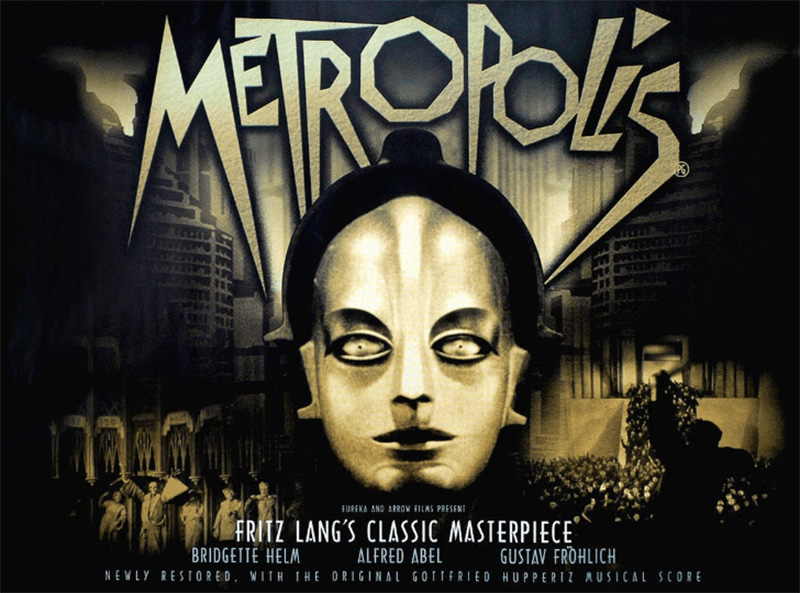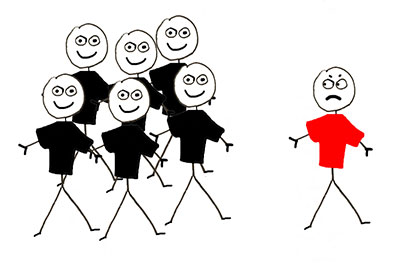
Operation Warp Speed was an agreement by the US government to help private businesses develop, manufacture, and distribute COVID-19 vaccines and treatments. While it’s more important that the measure saved a lot (i.e., a lot) of lives, it also made me think about the influence of Star Trek on American culture.
Get a free sample proofread and edit for your English document.
Two professional proofreaders will proofread and edit your English document.
And yes, that’s not exactly a new observation. A guy who runs around with a lot of women can be called a “Kirk.” Someone who’s going to die in a movie (or be sacrificed in a corporation) is a “Redshirt.” A no-win situation might be called a “Kobayashi Maru,” and if we ever figure out how to make a Heisenberg compensator and “beam” people from place to place, you know we’re going to call it a “transporter.”

But being the nerd I am, I kept thinking about the influence science fiction in general has had on the English language. In today’s post, I thought I’d share some of that thinking.
When people wanted to deride President Reagan’s idea of a “nuclear shield” to protect the US from the Soviets in the ‘80s, they referred to the plan as “Star Wars.” It was H. G. Wells’s The World Set Free (1914) that first used the term “atomic bomb” and William Gibson’s Neuromancer (1984) who introduced the term “cyberspace.”
Another good one is “flash mob.” I remember as a kid reading Larry Niven’s 1973 novella Flash Crowd. The premise is that the world has these telephone booth-like devices that can teleport you anywhere instantly. When a small riot starts one day, all sorts of people immediately teleport to the scene, including an actress who wants some publicity, human rights activists, and so on. The riot changes places from time to time but then continues forever. When people started using the new technology of texting, they coined the term “flash mob,” which is reminiscent of a “flash flood.”
Science fiction also gave us “robot” (Isaac Asimov), “ray gun” (Victor Rousseau), “android” (Auguste Villiers de l’Isle-Adam), and “multiverse” (William James).
(I should note here that some science terminology does, in fact, come from scientists, such as “wormhole,” which was coined by physicists Albert Einstein and Nathan Rosen.)
But What About Non-science Terms?
So yeah, science fiction has given us futuristic words to match to actual technologies and scientific understandings as we progress (e.g., “cyborg,” Manfred Clynes), but that seems somewhat inevitable.
More interesting is the influence science fiction has had on nonscientific/non-technology terms.
The word “beep” was in use before Arthur C. Clark wrote it down, but he was the first to mean it as a high-pitched sound.
The term “fanzine” actually owes its origins to science fiction fans who were the first to create fanfiction anthologies, which they sold at sci-fi conventions. Fanzines now cover all sorts of non-sci-fi universes.
Returning to Star Trek, whereas the word “stun” originally meant to shock and awe people, in Star Trek, “set phasers to stun” was the first use of the term to mean rendering people unconscious without killing them. This meaning is fundamental to the term “stun grenade” and to understanding what a “taser” is.
And think about “illogical.” Can we even use this term without making a Spock reference? Moreover, can we perceive the term without feeling it’s being judgmental, rather than, well, a logical determination?
Then there’s “Big Brother.” This cautionary term from 1984 (George Orwell) for a government that controls its citizens’ thoughts has been invaluable in raising red flags at the sign of real-life government intrusions into private lives.
Sci-fi has influenced the way we see many words, not just “matrix” and “blaster,” but also “space-time,” “interface,” “empathy,” “recycling,” and “pod.”
Back to Warp Speed
Understanding that science fiction has not just given us new words for science stuff but also changed the way we view preexisting words, let’s go back to Operation Warp Speed. While you might have rolled your eyes (or pumped your fist) when you first heard about it, the term has legitimate nuance. “Warp speed” isn’t just “fast.” It means as fast as you can absolutely imagine. The mission’s name was a call to think beyond the bounds of what is possible. A call to make tomorrow’s technology a present reality.
We will never know just how many lives were saved by the incredibly fast production of a COVID-19 vaccine.
We will never know just how much our lives have been influenced (and, I would argue, made better) by the concepts of science fiction that have made their way into the English language and into the minds of the people who speak it.
Julia H.
Get a free sample proofread and edit for your English document.
Two professional proofreaders will proofread and edit your English document.
Get a free sample proofread and edit for your document.
Two professional proofreaders will proofread and edit your document.
We will get your free sample back in three to six hours!